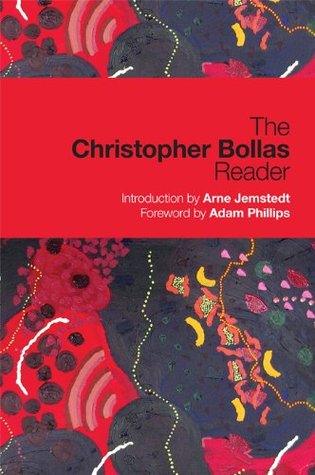Kindle Notes & Highlights
Each person’s inclination to describe his present state of mind as determined by external events is countered by the psychoanalytical perspective, which insists that such an account must be regarded in terms of the person’s potential wishes or object-relational aims, even if it coincides with events which have, so to speak, happened.
A thing ‘performed,’ however, certainly suggests human authorship. We could say that the sea performs high waves or that the weather’s performance is dramatic (and perhaps thousands of years ago we were willing to accord dramaturgy to the elements), but ‘a noble or brave deed’ suggests human action, and epic narrative is constructed around brave deeds done by people. But the exploits are often attributed to mythic figures, and in the cases of actual persons (Jesus, for example) the deeds done are fantastical.
seems that the moment we enter the human arena, we lose our grip on the factual. A more
With such mandatory reporting, the patient’s relation to a therapist is displaced by the patient’s relation to the police. The details must be reported to the authorities, and a reported event becomes a potential fact;
It might be viewed as comically ironic that psychoanalysis simultaneously is turning away from the value of history, removing itself from adjudicatory actions in relation to past facts, but the stakes are too high: more and more analysts are losing their right to consider their patients’ internal worlds precisely because of a disinclination to take the factual past seriously, ultimately handing over this function to actual detectives! Indeed, with the emphasis on the concept of the here-and-now transference observation, a new and limited kind of fact-finding is being proposed: it is being
...more
consistent with the nature of being abused. An event such as this
Psychoanalysis, some have argued, has deserved the fate it has received in some legislative quarters: neglecting the facts of a patient’s life in favor of the more elite and arcane world of psychic events, it is no longer in a position to speak to the actual events of a patient’s life. When it comes to matters of abusive deeds done, this is for the police, oracular therapies, and victim support groups. Even a cursory walk through a bookstore will indicate scores of self-help psychology books relating to recovery from abuse. Little will be found in the section on psychoanalysis. But in
...more
He noticed that in his clinical work with infants they needed time to recover from a thing done: he would present the infant with a spatula, the infant would have a look at it – a new object and therefore a new fact of life – and then look away; if he tried to force this new fact upon the infant the child would become distressed and cry, but if the spatula was allowed to stay there, exist in all its initial dumbness, then the infant could return to it with interest and investigate. Winnicott’s highly suggestive observation can be applied to many situations prevailing in a psychoanalysis, but I
...more
And in spite of all the efforts to sanitise the appearances of psychoanalysis through verbal dry cleanings – ‘evidence-based practice’ or ‘competencies’ – the psychoanalyst is still widely regarded as someone dripping in the unseemly.
Everyone dreams. And people often think about their dreams. But psychoanalysis establishes a partnership (the Freudian Pair) that extends the dream and communicates with it. The ego now grasps that it has a partner, and we discover another pairing: the one between the ego that offers the matrix of its own creativity in the form of the dream and the analysand who transforms the material into a new form of unconsciously worked-upon meaning.
Over time the analysand structuralises this new relationship and continues, even after the analysis is over, to generate the Freudian Pair as an internal structure.


